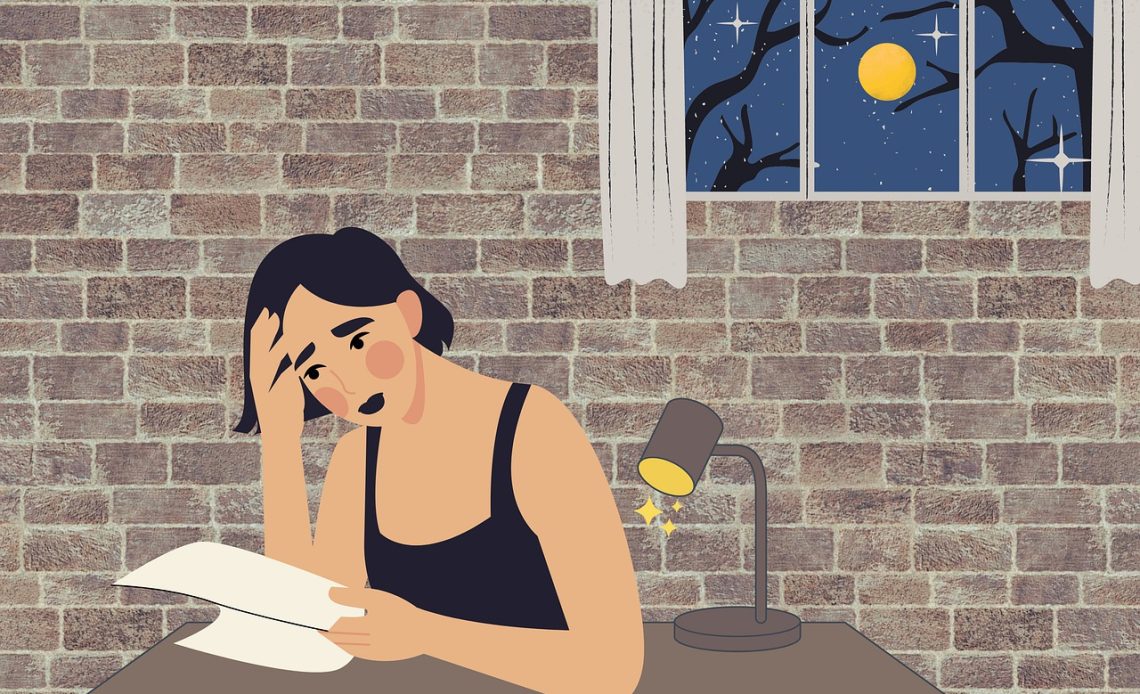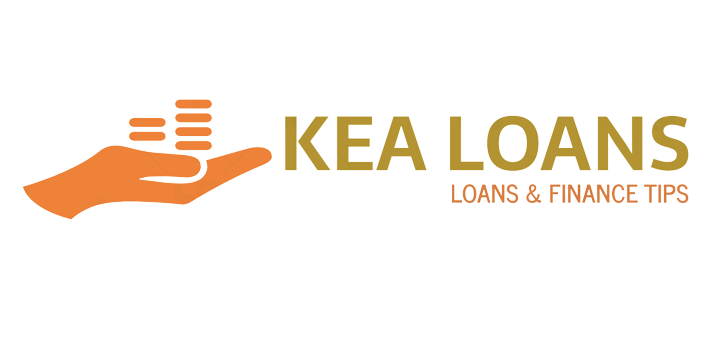
Getting a call from a debt collection agency can be an unsettling experience. It usually means you’ve failed to meet your financial obligations and now face the stressful task of addressing this issue. However, it’s important to remember that you’re not alone. Millions of people worldwide face the same predicament every day. If you’re prepared to face the issue head-on, this guide will show you how to pay off debts in collections effectively and regain control of your financial health.
1. Understanding Debt Collections
Debt collection is a process that kicks into action when a debtor fails to pay back the money they owe to a company or organization. If your account has fallen several months behind, chances are, your original creditor has sold it to a collections agency. The agency will then start contacting you to arrange for payments.
It can be daunting to have a debt go into collections, but it’s more prevalent than you might think. As of May 2022, 28% of Americans had debt in collections, according to the Capital Recovery Corporation. The key to dealing with this is understanding the process and knowing how to navigate it effectively.
2. Verifying Your Debt
Before you initiate any payment, it’s essential to confirm that the debt belongs to you. Mistakes can happen, and sometimes debts can be incorrectly attributed. Check your records to ensure that the stated balance is accurate, and contact your original debtor to confirm that you’re dealing with the right collection agency.
If the debt doesn’t seem to be yours, you have the right to dispute it. Send a dispute letter to the debt collector within 30 days of them contacting you. They must cease collection activities until they can provide written confirmation of the debt.
3. Knowing Your Rights
Under the Fair Debt Collection Practices Act (FDCPA), debt collectors are restricted in how they can communicate with you. They can’t call you at unreasonable hours, discuss your debt with third parties, or use abusive language. If a debt collector violates these rules, you can report them to the Consumer Financial Protection Bureau (CFPB).
4. Evaluating Your Financial Situation
Before deciding how to pay off your debt, assess your budget and finances to determine how much you can reasonably afford to pay. Look at your monthly income and expenses to figure out how much you can allocate toward debt repayment or settlement. You may need to adjust your budget to cut back on non-essential expenses.
5. Negotiating with the Collection Agency
If you can afford to pay a substantial lump sum, you can ask the collection agency to delete the debt from your credit report. If they don’t agree, you can request that they mark it as “paid in full.” Both changes can positively impact your credit score and improve your chances of qualifying for future loans.
However, if you can’t afford to pay a large lump sum, you can negotiate a payment plan with the collection agency. The number of payments needed to settle the debt will depend on your negotiation with the agency.
6. Dealing with Medical Debt
If your debt is medical, you may have additional options. You can contact the billing office of the healthcare provider and ask about programs that could eliminate or reduce the debt. You can also negotiate interest-free payments with the provider directly.
7. Making Payments
Once you and the debt collector have reached a written agreement for paying off the debt, it’s time to make your payment. The most secure way to pay a debt collection agency is by mailing a check with a return receipt. This will provide evidence that the collection agency accepted the payment, which can be useful if they later claim you didn’t make a payment.
8. Documenting the Process
Throughout this process, it’s crucial to maintain a careful record of your interactions with the collection agency. Keep track of the agent’s name, contact information, and the details of your discussions. If you agree to a settlement with specific conditions, insist on receiving a copy of the agreement in writing. This documentation will be invaluable if any issues arise in the future.
9. Post-Payment Steps
When you’ve finished your payment plan or paid the lump sum, ask the collection agency for a completion letter. Then check your credit reports to ensure that the account has been accurately updated. Note that changes might not reflect for up to 30 days. Maintain your records in a safe place even after everything is updated correctly, in case any issues arise later.
10. Considering Debt Consolidation
If you’re struggling to pay off a debt in collections independently, you may consider a debt consolidation loan if your credit allows it. This won’t eliminate your debt, but it might help you pay less interest and simplify the payment process.
Regardless of the payment option you choose, it’s essential to confirm your debt and obtain the necessary paperwork to protect your financial future.
Conclusion
Paying off collections takes time, perseverance, and careful financial planning. It might seem like an uphill battle, but the reward of improving your financial health in the long run is worth the effort. By understanding your rights, confirming your debts, and creating a manageable payment plan, you can regain control of your finances and work towards a debt-free future.

